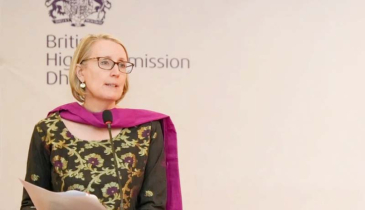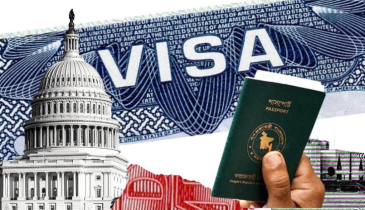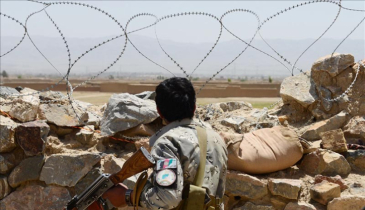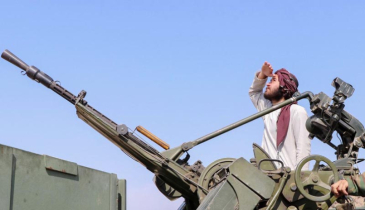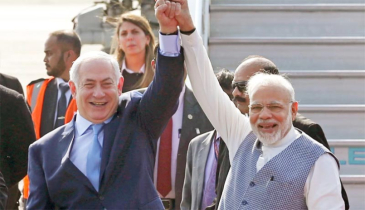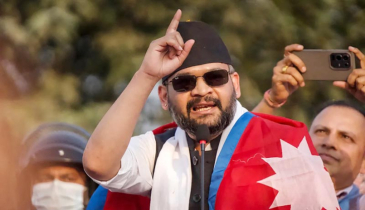Nepal's deadly protests deal heavy blow to tourism sector
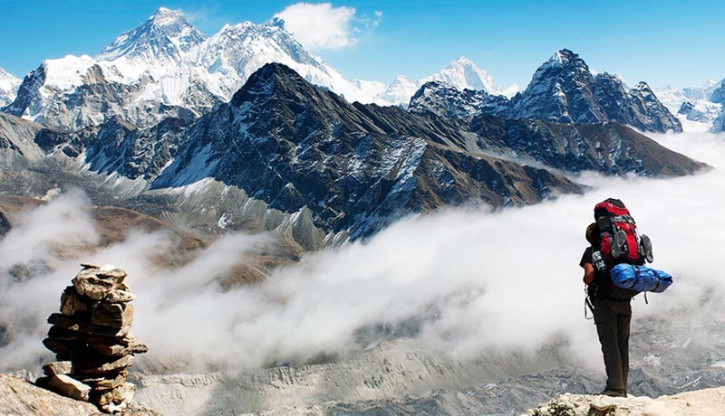
Nepal’s worst political unrest in decades has collided with the country’s peak tourist season, leaving its tourism-dependent economy reeling.
The violent anti-corruption protests, which erupted earlier this month, killed at least 72 people and injured more than 2,000. forced the resignation of former Prime Minister K.P. Sharma Oli.
In Kathmandu’s Thamel district — usually buzzing with backpackers, mountaineers, and adventure seekers — shops, bars, and restaurants remain eerily quiet. Even after reopening, many establishments are operating at a fraction of normal business, with owners struggling to cover costs as cancellations pile up.
Nepal Tourism Board officials confirmed that foreign arrivals have already dropped by 30% compared to the same period last year. Hotels and trekking companies, which rely heavily on bookings made months in advance, are reporting mass cancellations. “I am sitting outside idle because there are no tourists,” said Ram Chandra Giri, 49, who runs trekking expeditions and a Japanese restaurant. He estimated that about 35% of his clients had backed out in September alone.
The blow has been devastating across the hospitality sector. Hotel owner Renu Baniya said her property has seen all reservations for the coming month wiped out. “We don’t know how we will pay salaries if this continues,” she said.
The situation worsened after images of Nepal’s parliament in flames and the iconic Hilton Hotel engulfed by smoke made headlines worldwide. Several countries have since issued travel advisories urging citizens to avoid non-essential trips to Nepal, reinforcing the downturn in arrivals.
Tourism is one of Nepal’s economic lifelines, drawing around 1.2 million international visitors annually and contributing nearly 8% of its GDP. The sector employs hundreds of thousands directly and indirectly, from trekking guides and Sherpas to hotel staff and taxi drivers. The autumn season is especially critical as climbers flock to Everest Base Camp and other legendary trekking routes that wind through the Himalayas.
Industry experts warn that if the unrest drags on the damage could ripple far beyond this season. “Tourists plan their Himalayan trips months, even years, in advance. Once confidence is lost, it can take a long time to rebuild,” said a senior member of the Trekking Agencies’ Association of Nepal.
.png)



